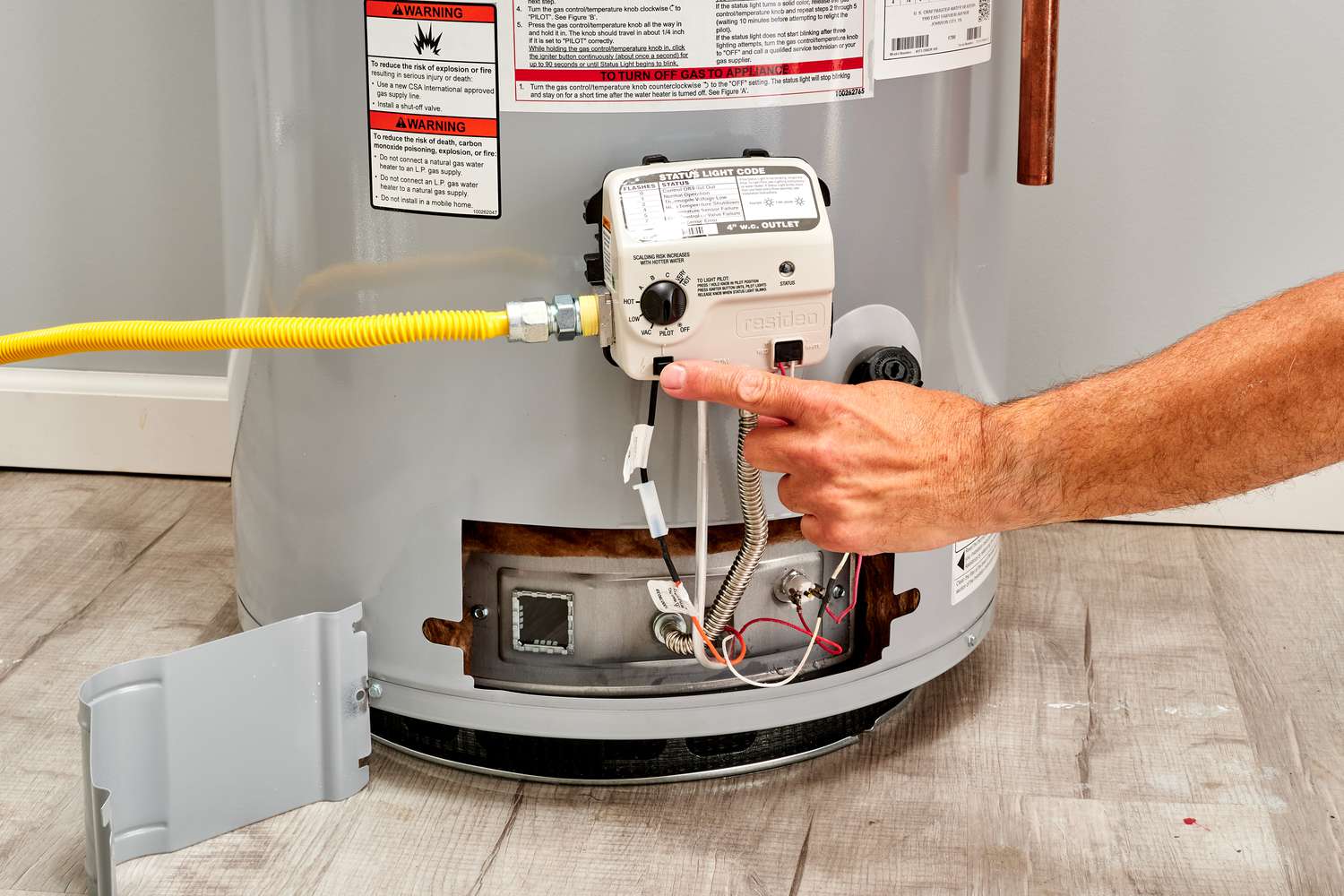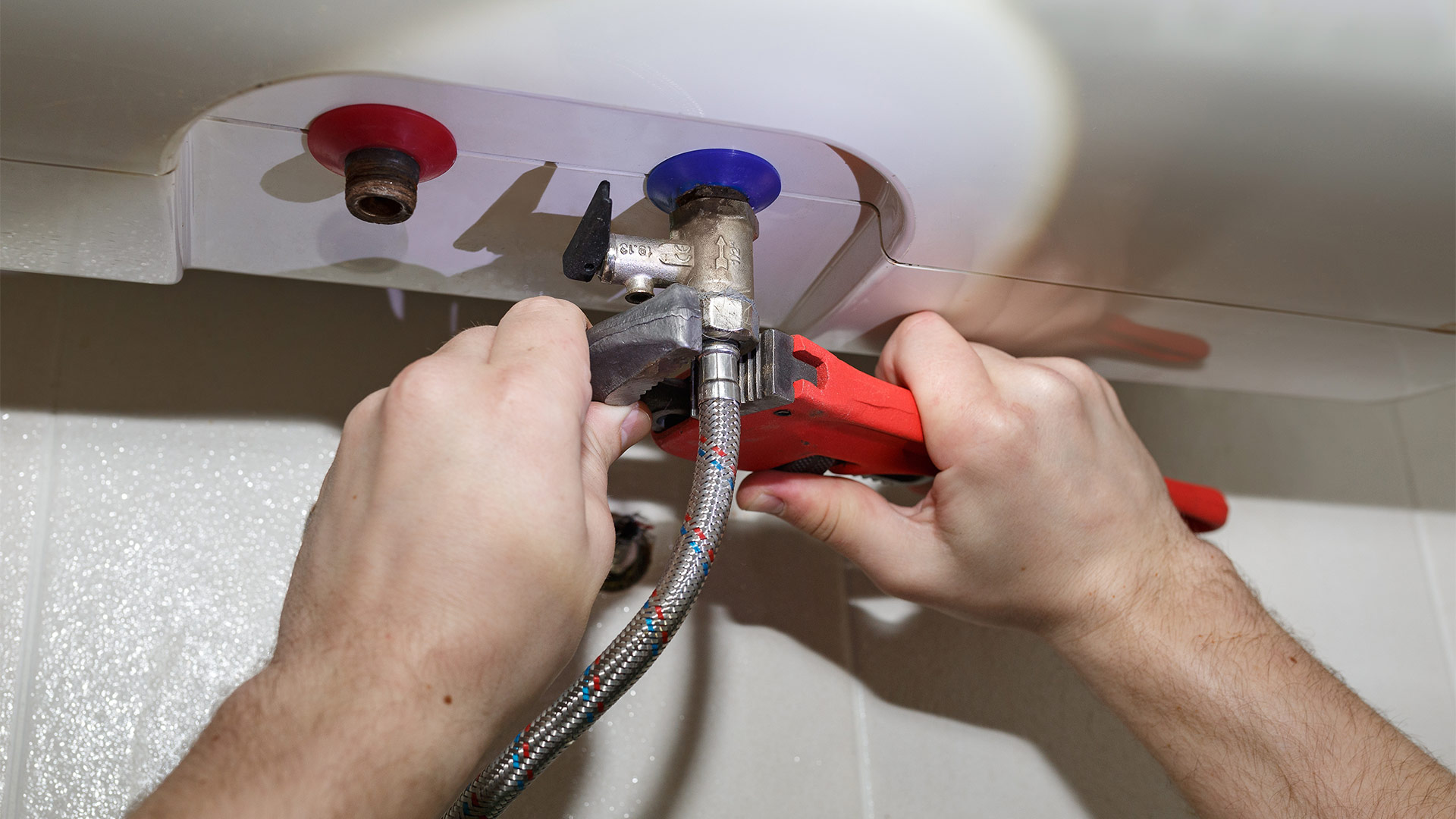Gas water heaters play a vital role in providing households with a consistent and reliable supply of hot water for various daily needs, from bathing to cooking and cleaning. These appliances utilize natural gas or propane to heat water efficiently, making them a popular choice for homeowners seeking cost-effective and environmentally friendly water heating solutions. In this article, we’ll delve into the features, benefits, considerations, and maintenance tips for gas water heaters, helping homeowners make informed decisions about their water heating needs.
1. Features of Gas Water Heaters:
Gas water heaters come in various types and sizes, but they typically share several key features:
- Tank Capacity: Gas water heaters are available in different tank sizes, ranging from 30 to 100+ gallons, allowing homeowners to choose a model that meets their household’s hot water demands.
- Efficiency: Gas water heaters are known for their energy efficiency, with newer models incorporating features such as high-efficiency burners, insulation, and electronic ignition systems to reduce energy consumption and operating costs.
- Quick Recovery: Gas water heaters typically have faster recovery times compared to electric models, allowing them to provide a continuous supply of hot water even during peak usage periods.
2. Benefits of Gas Water Heaters:
Gas water heaters offer several advantages for homeowners:
- Lower Operating Costs: Natural gas and propane are often more affordable than electricity, resulting in lower monthly utility bills for homeowners who choose gas water heaters.
- Faster Heating Times: Gas water heaters heat water more quickly than electric models, ensuring a steady supply of hot water for multiple simultaneous uses.
- Reliability: Gas water heaters are known for their reliability and durability, providing consistent hot water even in areas prone to power outages.
- Environmental Benefits: Gas water heaters produce fewer greenhouse gas emissions compared to electric models, making them a more environmentally friendly choice for eco-conscious homeowners.
3. Considerations When Choosing a Gas Water Heater:
When selecting a gas water heater for your home, consider the following factors:
- Size and Capacity: Choose a water heater with an appropriate tank size and capacity based on your household’s hot water usage patterns and the number of occupants.
- Energy Efficiency: Look for ENERGY STAR® certified models that meet strict energy efficiency standards, helping you save money on utility bills while reducing your carbon footprint.
- Venting Requirements: Gas water heaters require proper venting to safely expel combustion gases, so ensure that your home’s ventilation system is compatible with the chosen model.
- Installation and Maintenance: Hire a licensed professional to install your gas water heater correctly and perform regular maintenance to ensure optimal performance and safety.
4. Maintenance Tips for Gas Water Heaters:
To keep your gas water heater running smoothly, follow these maintenance tips:
- Flush the Tank: Periodically flush the tank to remove sediment buildup, which can reduce efficiency and shorten the lifespan of the water heater.
- Inspect the Anode Rod: Check the anode rod annually and replace it if it shows signs of corrosion, as it helps prevent rust and corrosion inside the tank.
- Check for Leaks: Regularly inspect the water heater and its connections for signs of leaks, corrosion, or damage, and repair any issues promptly.
- Adjust the Temperature: Set the water heater’s temperature to a safe and comfortable level (typically 120°F to 140°F) to prevent scalding and minimize energy waste.
Conclusion:
Gas water heaters are efficient, reliable, and cost-effective solutions for providing households with a continuous supply of hot water. By understanding the features, benefits, considerations, and maintenance tips for gas water heaters, homeowners can make informed decisions and ensure optimal performance and longevity for their water heating systems.




